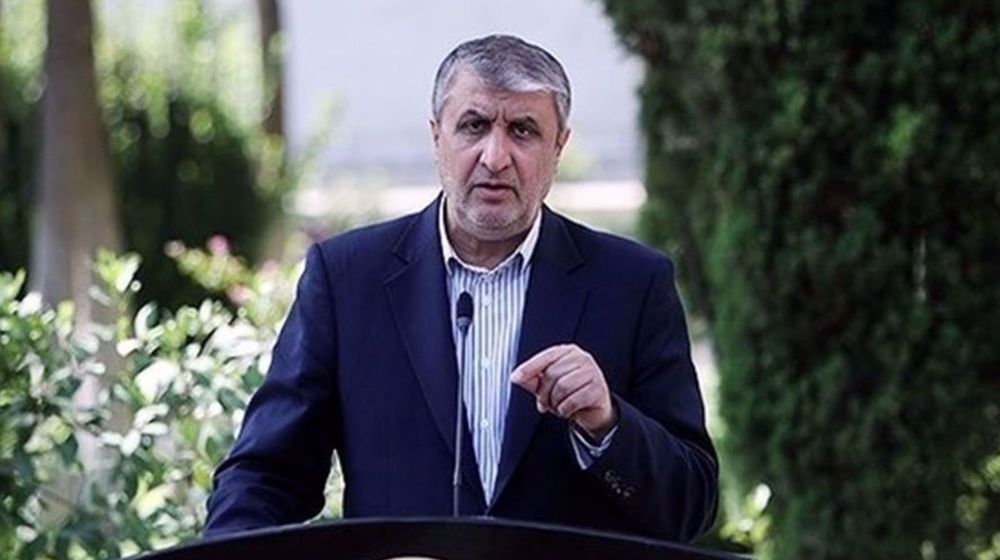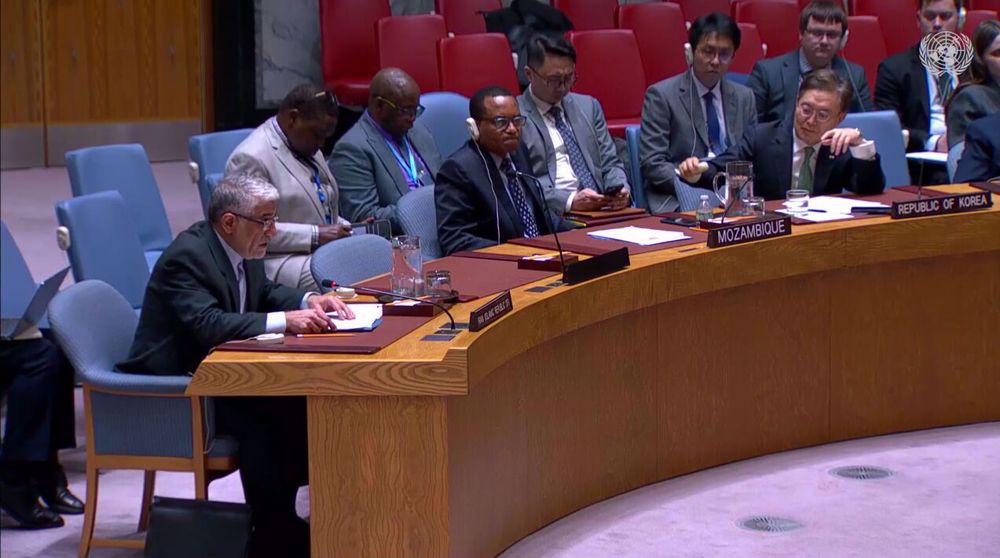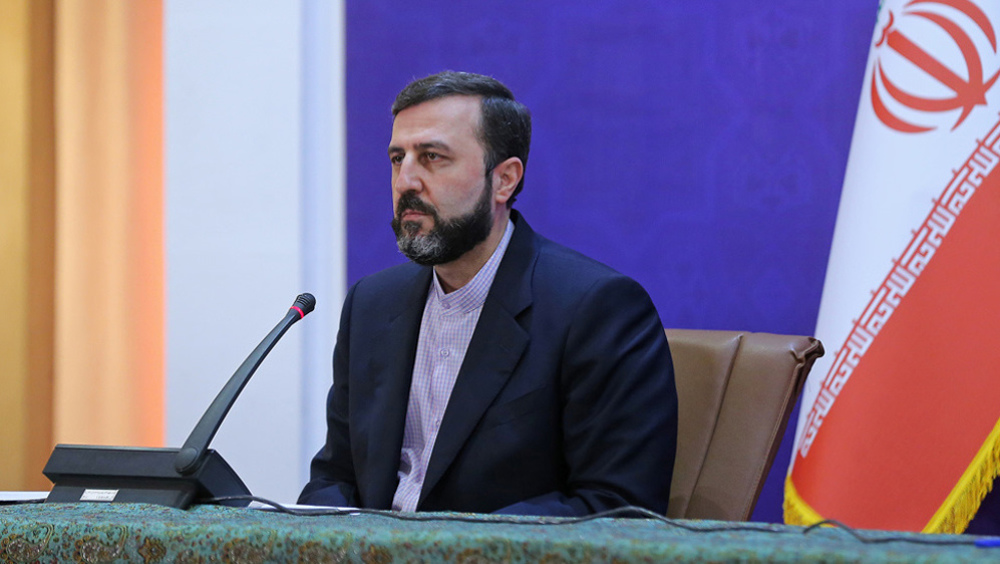US withdrawal from JCPOA extraordinarily dangerous: Kerry
Former US Secretary of State John Kerry has defended the multilateral Iran nuclear agreement, warning Congress that it would be “extraordinarily dangerous” for Washington to pull out of the deal.
Kerry told a meeting at the Chatham House international affairs think tank in London on Monday that there was a “great danger” that Congress could act unilaterally to alter the deal, known as the Joint Comprehensive Plan of Action (JCPOA), reached between Iran and the P5+1 group of countries, including the US, more than two years ago.
It would create "a downward spiral that becomes extraordinarily dangerous.”
US President Donald Trump delivered an anti-Iran speech on October 13, in which he said he would not continue to certify Iran’s compliance with the terms of the JCPOA, reached under his predecessor, Barack Obama, and warned that he might ultimately terminate the agreement. He kicked the issue to Congress.
Congress was given 60 days to decide whether to reimpose sanctions that were lifted under the deal, in exchange for restrictions on Iran’s nuclear activities.
Kerry said Trump’s decision not to certify the JCPOA “was clearly made without relevance to any fact whatsoever” and criticized the involvement of Congress, adding, “It's been flipped over to the Congress with instructions, you guys fix it.”
“How the US Congress, which wasn't part of the negotiations, which isn't certified to be part of the negotiations, fixes an agreement which is working is beyond me.”
“What President Trump regrettably has done by his invective against the deal, he's polluted the pool in a way that whatever Congress does is going to be interpreted as their effort to kill the deal through the back door,” Kerry pointed out.
He warned against a “gigantic, historic mistake” to allow anyone's politics to get in the way when dealing with nuclear weapons.
Iran and the five permanent members of the United Nations Security Council – the United States, France, Britain, Russia and China – plus Germany signed the nuclear agreement on July 14, 2015 and started implementing it on January 16, 2016.
Under the JCPOA, Iran undertook to put limits on its nuclear program in exchange for the removal of nuclear-related sanctions imposed against Tehran.
Except for the US, the other parties to the accord - Britain, Germany, France, Russia, China and the European Union - have all reaffirmed their commitment to it and urged the United States not to back out.
Iranian Foreign Minister Mohammad Javad Zarif said on October 31 that the US administration could not use Congress decisions as a smokescreen, stressing that Washington sought to create obstacles to prevent Iran from benefiting from the multilateral nuclear deal.
“The US internal regulations are the concern of this country, but from the standpoint of the international community, the US administration is responsible for the implementation of its international commitments,” Zarif said.
He added that the US administration has been making efforts to prevent Iran from enjoying the advantages of the JCPOA, stressing that such bids contradicted Articles 26, 28 and 29 of the nuclear accord.
In Christmas message, Pope laments ‘extremely grave’ situation in Gaza
Hamas says Israel created new obstacles to Gaza truce deal
Pakistani military conducts airstrikes on militant hideouts in eastern Afghanistan
VIDEO | Displaced settlers frustrated
VIDEO | Christmas: Time for peace
Turkey will bury Syria’s Kurdish militia if they fail to disarm: Erdogan
VIDEO | Christmas in Syria: Hope amidst uncertainty
Israel attacks eastern Lebanon for first time since ceasefire










 This makes it easy to access the Press TV website
This makes it easy to access the Press TV website